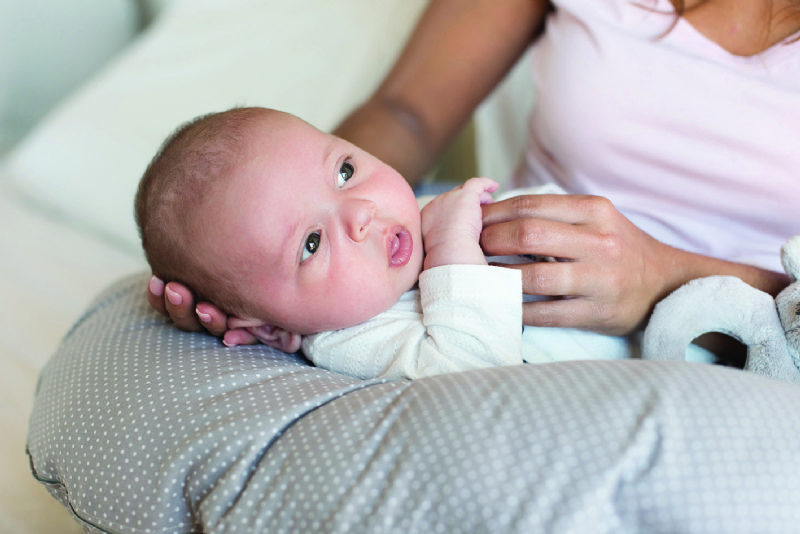- Home
- News, Articles & Reviews
We are hiring! Please click here to join our growing magazine delivery team in Gloucestershire!

Breastfeeding Bonus
All Areas > Health & Beauty > Medical Health
Author: Holly Hannigan, Posted: Monday, 10th August 2020, 11:10
August marks the start of the world Breastfeeding Awareness month. The campaign aims to highlight the huge benefits breastfeeding can bring to both the health and welfare of babies and mothers, as well as a wider push for maternal health, focusing on good nutrition, poverty reduction and food security.
As a mother of two, I was unable to breastfeed my first daughter, and expressed exclusively for three months then combined with formula. With my second daughter I was able to breastfeed for eight months. I have experienced both the stress and feeling like a failure for being unable to breastfeed, as well as the ease and joy of it happening.
Most health authorities recommend exclusive breastfeeding for at least six months, and encourage mothers to continue through to a year, combined with weaning.
The main benefits of breast-feeding are:
• Breast milk contains every-thing the baby needs for the first six months of life, in all the right proportions.
• It is loaded with antibodies that help your baby fight off viruses and bacteria.
• It may reduce your baby’s risk of illnesses and diseases, including colds, gut infections, allergies and diabetes.
• Breastfeeding promotes healthy weight gain and helps prevent childhood obesity.
• After three months of lactation, women will likely experience an increase in fat burning and find they lose more weight than non-breastfeeding women.
• Oxytocin increases during breastfeeding. It encourages uterine contractions and reduces bleeding, helping the uterus return to its previous size.
• Oxytocin also appears to have long-term anti-anxiety effects. It encourages bonding by affecting specific brain regions that promote nurturing and relaxation, reducing the risk of postpartum depression.
• Women who breastfeed for more than 12 months during their lifetime have a 28% lower risk of both breast and ovarian cancer. Breastfeeding has also been linked to reduced risk of other diseases.
Breastfeeding is completely free and requires very little effort, meaning you won’t have to:
• Spend money on formula.
• Calculate how much your baby needs to drink daily.
• Spend time cleaning and sterilizing bottles.
• Mix and warm up bottles in the middle of the night (or day).
• Figure out ways to warm up bottles while on the go. Breast milk is always at the right temperature and ready to drink.
There is support from midwives, doulas and local breastfeeding support groups that can help encourage women who may find it a struggle initially and help overcome common fears and problems.
It’s important that mother and baby are content and relaxed
If you are unable to breast-feed, then feeding your baby with formula is still completely fine, as it will provide your baby with all the nutrients he or she needs. The most important thing for mother and baby is to be content and relaxed during the first few months, whatever way that may be.Copyright © 2025 The Local Answer Limited.
Unauthorized use and/or duplication of this material without express and written permission from this site's author and/or owner is strictly prohibited. Excerpts and links may be used, provided that full and clear credit is given to The Local Answer Limited and thelocalanswer.co.uk with appropriate and specific direction to the original content.More articles you may be interested in...


© 2025 The Local Answer Limited - Registered in England and Wales - Company No. 06929408
Unit H, Churchill Industrial Estate, Churchill Road, Leckhampton, Cheltenham, GL53 7EG - VAT Registration No. 975613000You are leaving the TLA website...
You are now leaving the TLA website and are going to a website that is not operated by us. The Local Answer are not responsible for the content or availability of linked sites, and cannot accept liability if the linked site has been compromised and contains unsuitable images or other content. If you wish to proceed, please click the "Continue" button below:




